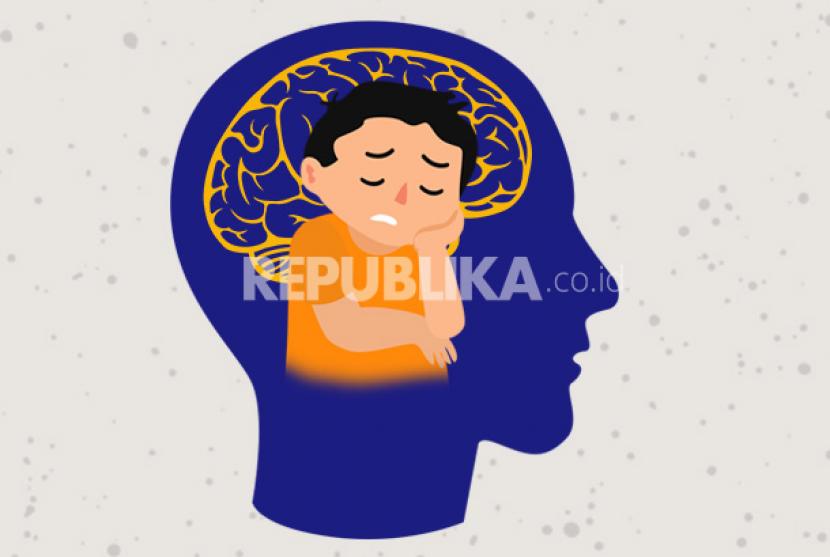COMMENTS
The ideological justification for a full Russian invasion of Ukraine is given, writes Morten Strand.
NATIONAL UNIT. Protesters in the million-strong city of Odessa, in southern Ukraine, are demonstrating for national unity. Photo: AP / NTB
view more
–
Internal comments: This is a comment. The commentary expresses the writer’s attitude.
Published
–
–
It’s a change of pace on Russian TV. One week ago, government-controlled Russian television ridiculed the United States and Britain, which had set a date – February 16 – for a Russian invasion of Ukraine. On Monday night, members of Russia’s National Security Council stood trial before their boss, demanding answers as to whether it was right to recognize the rebel-held parts of Donetsk and Luhansk counties as independent. Some hesitated, such as the usually hawkish head of foreign espionage, Sergei Naryshkin. Then Putin said, “Say it outright.” Faced with this demand, the chief spy said that he supports these areas “becoming part of Russia”.
view more
–
So nervous was the spy chief that he answered incorrectly, because the correct thing is that Russia recognizes their independence. And shortly afterwards, Russian “peacekeeping” forces moved into the part of Ukraine that Russia has in fact controlled since 2014. Prime Minister Mikhail Misjustin was also challenged by Putin in this TV session. He clearly mumbled in the end that he supported the independence of these areas. The entire Security Council is thus tied to the mast of Putin’s ship in this chance voyage. An image of unity has been created in the Russian leadership – unity under duress.
Beat changes in Russian government-controlled TV should be listened to, because they warn of real change of pace. The question is whether this is the Russian invasion we have been waiting for, or whether it is just the beginning of something much bigger, something much worse? A war aimed at crushing Ukraine – experimentally – once and for all?
That question may well have been answered when Putin, right after the sensational public exercise of the Security Council, gave an hour-long history lecture on Ukraine. The content here is not for the faint of heart. For the content of this “speech to the nation” aimed at delegitimizing the entire Ukrainian nation project. Ukraine – Putin could tell – is nothing more than a historic extension of Russia. He blamed Russian revolutionary leader Lenin for giving Ukraine its own borders, which were built on a misunderstanding. And he described Ukraine as a breeding ground for NATO aggression against Russia.
In reality Putin’s history lecture was an ideological rationale for a much more comprehensive war against Ukraine. In conclusion, he said that Ukraine would bear responsibility for an impending massacre. If Putin’s history lecture had not sounded like a declaration of war before, it would have sounded like a declaration of war now.
Ukraine is the aggressor in this story, and Russia has evacuated parts of the civilian population from the rebel-held parts of Donetsk and Luhansk, so that they can escape “genocide” – Russia believes – and the Ukrainian war machine. The story is turned upside down, as it often is, to justify something as extreme as war.
But a full scale war is still not rational for Russia, unless the intention is to force Ukraine into obedience, “once and for all”, and control the country militarily. In the Russian nationalist narrative of Ukraine, the country is not just a historical misunderstanding and a cultural and historical extension of Russia. It is also a country ruled by fascists with aggressive plans towards Russia, as Foreign Minister Sergei Lavrov said at Monday’s meeting of the National Security Council.
For the normal correct diplomat Lavrov has also read the signs of the times, and drums war drums. He does so even though he says on the other hand that the time for diplomacy is not necessarily over, and keeps the door open for a meeting with his American colleague Anthony Blinken, originally scheduled for Thursday. But French President Emmanuel Macron’s attempt to bring about a summit between Putin and US President Joe Biden is likely to be thwarted.
Russia has gone to a first, and least dramatic step, of the options available, in a military action against Ukraine. Only Putin himself knows what the next step will be. If not he is also bewildered at this crossroads? But if he is in doubt about the way forward, then Western threats of further sanctions and political isolation are unlikely to be decisive for his assessments. For Putin’s Russia may be a military giant, but it is also an economic dwarf. Enormous Russia’s economy is about as big as little Nederlands’. It was possibly this writing that was written in the unenthusiastic faces of several members of the National Security Council, when Putin on TV forced them to publicly support his declaration of war against Ukraine.
–


